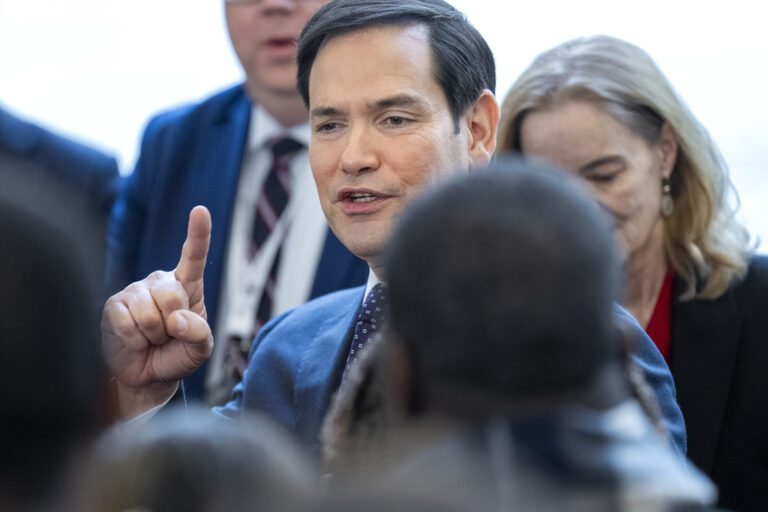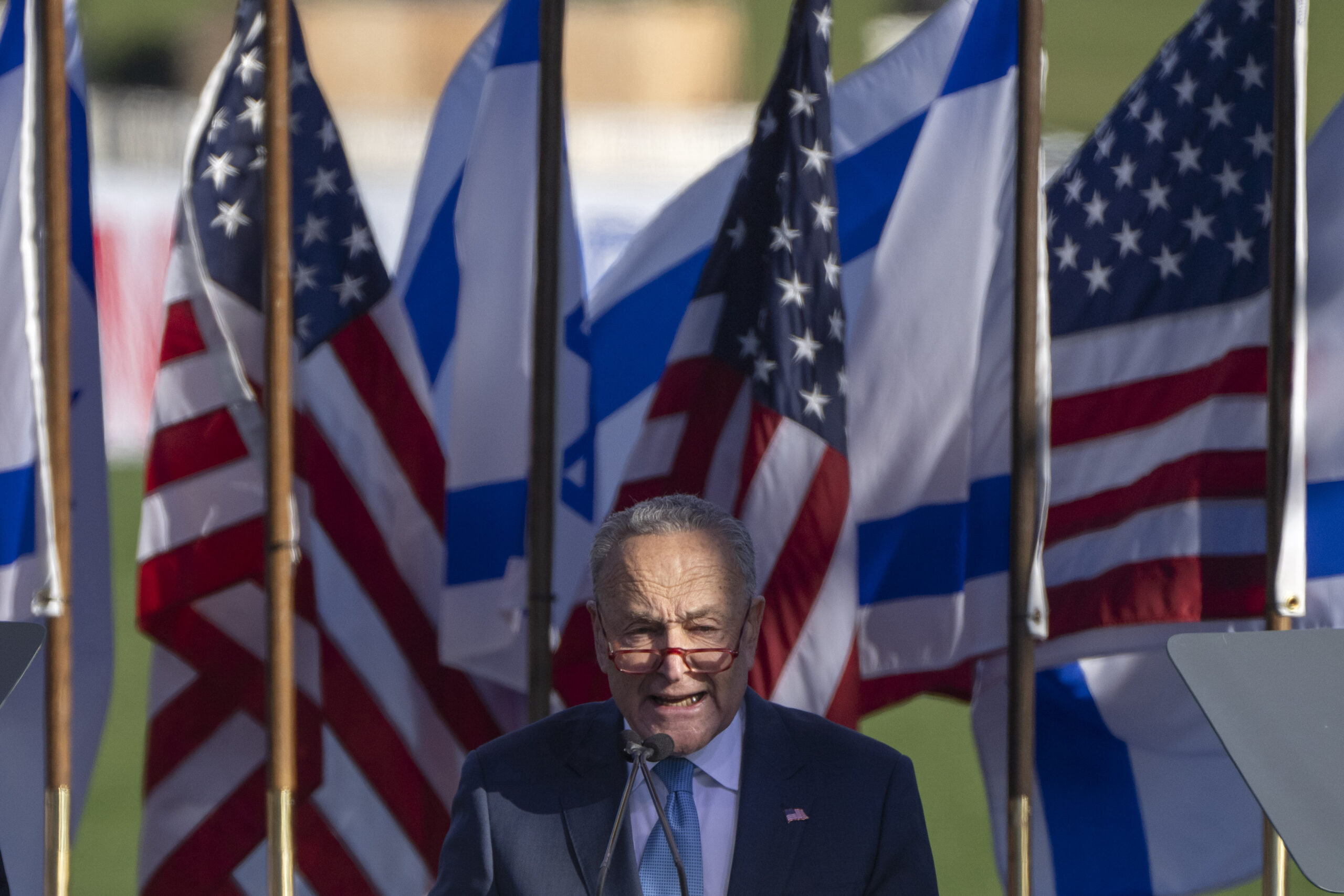 Lawmakers on the House Judiciary Committee – Republicans and Democrats alike – expressed concern on Wednesday about U.S. drone strikes against American citizens and President Barack Obama‘s secrecy in laying out the legal justifications.
Lawmakers on the House Judiciary Committee – Republicans and Democrats alike – expressed concern on Wednesday about U.S. drone strikes against American citizens and President Barack Obama‘s secrecy in laying out the legal justifications.
The public congressional hearing on “drone-kill policy” was noteworthy: government officials refrained for years from even uttering the word “drone” when talking about the use of armed, pilotless aircraft because such operations were classified.
But in the past year, the White House has sought more publicly to present its justifications for drone strikes, through comments by officials like Obama counterterrorism adviser John Brennan, who has been nominated to become CIA director.
Separately on Wednesday, administration officials, in an effort to speed Brennan’s nomination, briefed SenateIntelligence Committee members on the contents of documents they have refused to hand over to Congress that outline the legal justifications for targeted killings.
At the House Judiciary Committee hearing, lawmakers raised questions about the president’s authority to order the killing, by drone, of American citizens overseas without judicial process. They complained that the Justice Department refused to send an official to testify.
In 2011, separate drone strikes in Yemen killed U.S.-born Anwar al-Awlaki, accused of being a leader of al Qaeda’s Yemen-based affiliate, and his teenage son, also a U.S. citizen.
“The same president who opposes the detention of foreign terrorists, who opposes the use of enhanced interrogation techniques on foreign terrorists, and who attempted to bring foreign terrorists to trial in New York City is now personally approving the killing of Americans,” said committee Chairman Bob Goodlatte, a VirginiaRepublican.
Questions also have been raised about whether secret Justice Department legal opinions on drones would allow the killing of American citizens inside the United States.
Obama appeared to rule that out earlier this month, saying there had never been a drone used on an American citizen on American soil and that “the rules outside of the United States are going to be different than the rules inside the United States.”
Representative John Conyers, a Democrat from Michigan, also questioned the targeted killing of non-citizens and said he was troubled by “signature strikes” against suspects who appeared engaged in suspicious activity but whose identities are unknown.
“To date, the administration has not even acknowledged that this program exists – let alone provided this committee with the information it requires to examine the legality of the program,” he said.
The drone strikes have created an uproar among local populations, particularly in Pakistan, and have not been publicly condoned even by staunch U.S. allies.
Some lawmakers also questioned how the United States would react to other countries, such as Russia orChina, conducting similar drone strikes.
John Bellinger, a top White House and State Department legal adviser under former President George W. Bush, said the Obama administration needed to do more to explain to other countries the legal basis for its actions.
“No other country in the world has come out publicly and said that they actually agree with our position,” he said.
Bellinger was one of the members of a panel of legal experts on national security issues who testified at the hearing.
PAPERS PLEASE
Committee Republicans and Democrats complained they had not received the administration documents that laid out legal underpinnings for targeting terrorism suspects with drone strikes that have been given to intelligence committees in Congress. The Justice Department had no comment.
Under pressure from Democrats on the Senate Intelligence Committee, the Obama administration recently made available to committee members copies of four highly classified legal documents, prepared by the Justice Department’s Office of Legal Counsel.
The administration has also refused to turn over what Senate officials believe are at least seven similar additional documents.
On Wednesday afternoon, an administration delegation met with intelligence committee members to discuss the contents of the disputed documents. Copies of the material were not turned over to the committee.
An aide to Senator Ron Wyden, an Oregon Democrat on the panel, said this week that the senator did not believe the intelligence committee should proceed with a vote on Brennan’s confirmation until the documents were sent to Capitol Hill.
(Reuters)










